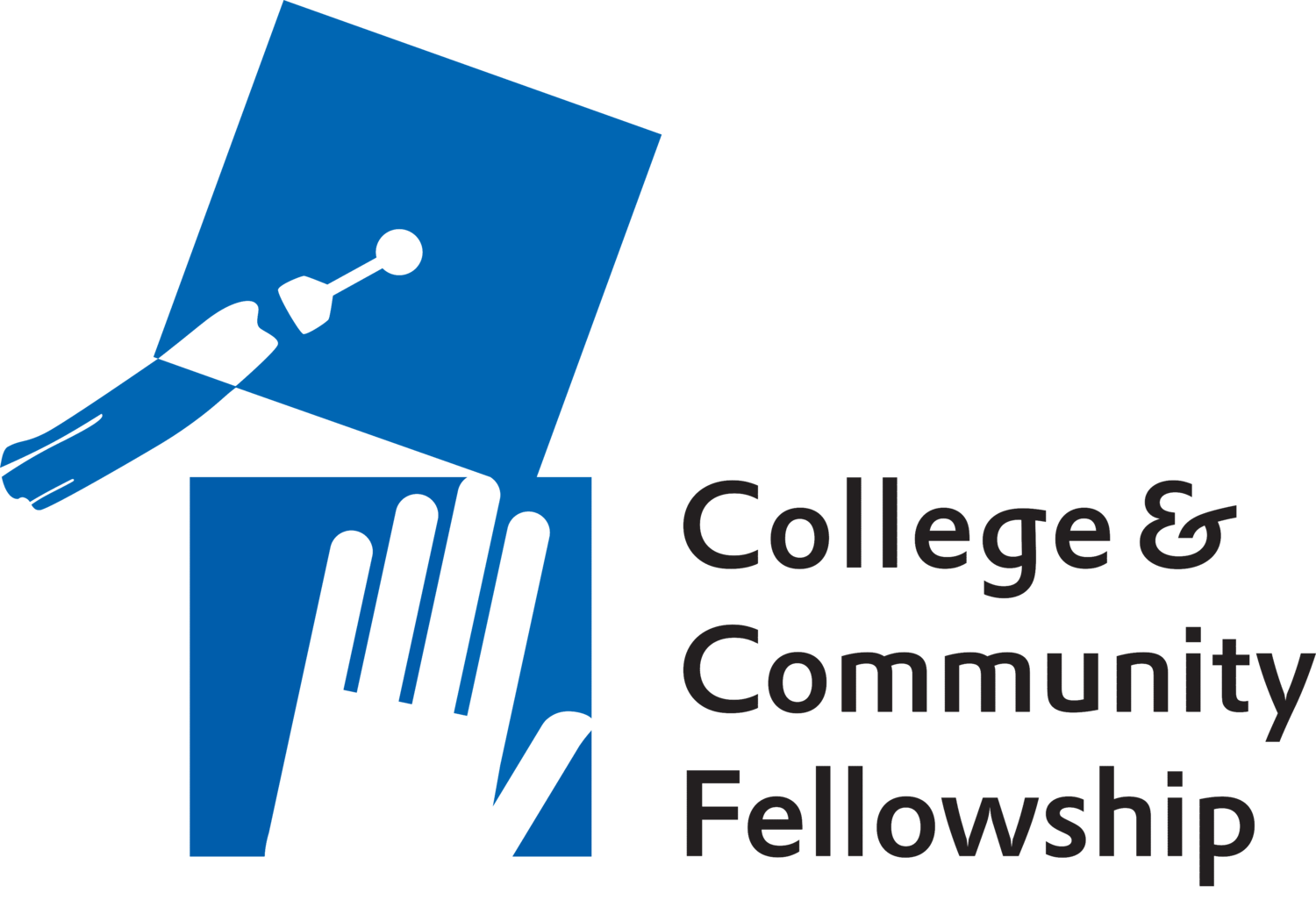Women, the Criminal Legal System, and Gender-responsive Programing #WomensHistoryMonth
For decades, we’ve consistently seen a significant rise in the number of women impacted by the criminal legal system, which means women are also disproportionately affected by collateral consequences that come with such contact in the form of barriers to education, opportunity, housing, and much more.
As Women’s History Month comes to a close, we’re diving into why the criminal legal system continues to impact women at increasing rates and why high-touch, gender-specific, and trauma-informed programming like the ones provided at CCF are critical.
Since the 1980s, the number of women incarcerated in the United States has increased by 700 percent, making women the fastest-growing population impacted by the criminal legal system. The rate of incarceration of women and girls has remained twice as high as that of men since 1980. In 2019, Black women were incarcerated at 1.7 times the rate of white women and Latinx women at 1.3 times the rate of white women. Even though efforts to decarcerate our nation have shown some results, these are mostly seen in men’s prisons, leaving women behind and disproportionately entrapped by the system.
Systemic issues faced by women are criminalized instead of alleviated.
The criminal legal system disproportionately impacts women who have already been impacted by societal issues such as domestic violence, mental health issues, substance use disorder, and poverty. Over 60% of women incarcerated in U.S. federal and state prisons reported past sexual abuse, and 79% reported physical abuse, according to the ACLU. Additionally, 66% of women in prisons had a history of mental health issues compared to 35% of men as of 2017.
At CCF, we follow evidence-based research that outlines the need for distinct services for women impacted by the criminal legal system. Over the years, we have created a holistic set of programs for women, their families, and communities focused on access to education and opportunity. Since 38% of the women at CCF serve as caregivers to school-age children, our work strengthening family ties and fighting for access to education is critical since parents' educational achievements positively impact future generations' academic and career achievements and breaking cycles of incarceration.
Increasing access to opportunity breaks cycles of justice involvement.
The collateral consequences of contact with the criminal legal system impose barriers to necessary reasons such as affordable housing, education, employment, and more. When the system disproportionately impacts women, it disproportionately keeps them out of such opportunities, limiting social mobility not only for them but also for their children.
The majority of justice-involved women are primary caregivers for their families. We know that when a caretaker has access to higher education, it is much more likely that their children will obtain a degree as well! At CCF, we’ve seen first hand how education opens doors for the women we serve and has a ripple effect, allowing their children access to higher education, social mobility, and more. CCF increases access to opportunity for justice-involved women by helping them mitigate barriers imposed by the system and supporting women through financial support, fostering community, building social capital and much more. As leaders in their families and in their communities, women have the unique ability to pass on access to opportunities not only to the next generation, but also their entire communities.

